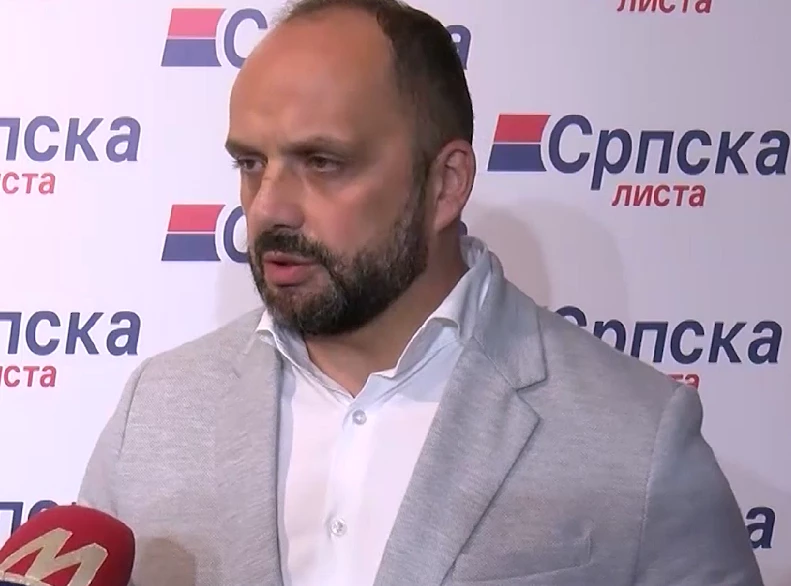Serbia’s long-standing dependence on Russian energy is coming under severe strain as U.S. sanctions threaten to choke supplies of oil and fuel, forcing Belgrade into an increasingly public confrontation with Moscow and accelerating a political re-alignment toward the West.
The immediate flashpoint is Serbia’s state oil company NIS, majority-owned by Russia’s Gazprom Neft and Gazprom. Sanctions targeting the Russian energy sector came into force for NIS last month, cutting the firm off from international payments and halting crude deliveries through Croatia’s JANAF pipeline — Serbia’s only supply route to its two oil refineries.
Energy Minister Dubravka Djedovic Handanovic told the BBC that NIS’s Russian shareholders had sought a U.S. waiver and signalled readiness to cede control to a third party. But she warned that time is running out, with refineries expected to exhaust crude stocks before the end of November.
Fuel market disruption
The sanctions have had an immediate domestic impact. NIS and Gazprom-branded petrol stations have stopped accepting Visa and Mastercard, which suspended payment processing in response to the U.S. measures. Staff have reverted to pumping fuel manually to check whether customers carry cash, and service stations have installed ATMs to manage liquidity.
NIS supplies over 80% of Serbia’s petrol and diesel, and almost all jet and heavy fuels. Any disruption reverberates quickly, including at Belgrade’s Nikola Tesla Airport, where a line of NIS tankers earlier this month rushed to fill jet-fuel depots before stocks ran out. Air Serbia said it was adjusting operations to secure uninterrupted flights.
Regional pressure and fragmented responses
Serbia is not alone in facing the consequences of sanctions on Russian energy assets. Bulgaria has moved to take control of its Lukoil-owned refinery ahead of sanctions taking effect, while Hungary secured a one-year exemption from President Donald Trump’s administration.
Belgrade, however, has hesitated to nationalise NIS despite the option being discussed internally. Serbia is not an EU member and is therefore not bound by the bloc’s ban on Russian oil imports, but its candidate status and growing exposure to Western sanctions are narrowing its room for manoeuvre.
Moscow’s patience wanes
The episode has strained relations with Russia, traditionally one of Serbia’s closest partners. Officials in Belgrade privately express frustration that Moscow has been slow to resolve the issue or provide guarantees for gas supplies, which are delivered at below-market prices under a deal that expires at year-end.
President Aleksandar Vucic has said he is “very disappointed” that Russia has not renewed the gas agreement. Analysts say Moscow may be leveraging uncertainty over gas to deter Serbia from nationalising NIS.
“Serbia can secure gas without Russia, but at a higher price. The key question is whether Serbia is prepared in terms of contracts and infrastructure,” said Zeljko Markovic, an energy-sector consultant.
Arms trade adds friction
Another source of tension is Serbia’s defence industry. While Belgrade has not supplied weapons directly to Ukraine, Serbian-made ammunition has reached Kyiv via third countries. After a Russian protest earlier this year, Vucic imposed an export ban — but reversed course last month, saying Serbia would continue exporting to EU states and that buyers were free to “do what they want” with the equipment.
The shift prompted a sharp exchange between Russian foreign ministry spokesperson Maria Zakharova and Vucic, underscoring deepening political rifts.
Turning point for Belgrade?
If the U.S. grants the requested waiver and sanctions are suspended, crude deliveries could resume and market disruption ease. But the broader damage to Serbia’s relationship with Russia appears substantial, with uncertainty now hanging over both oil and gas supplies.
Vucic insists Serbia’s long-term path remains toward the European Union. The energy shock — exposing Serbia’s vulnerability to Russian leverage — may reinforce that trajectory.



